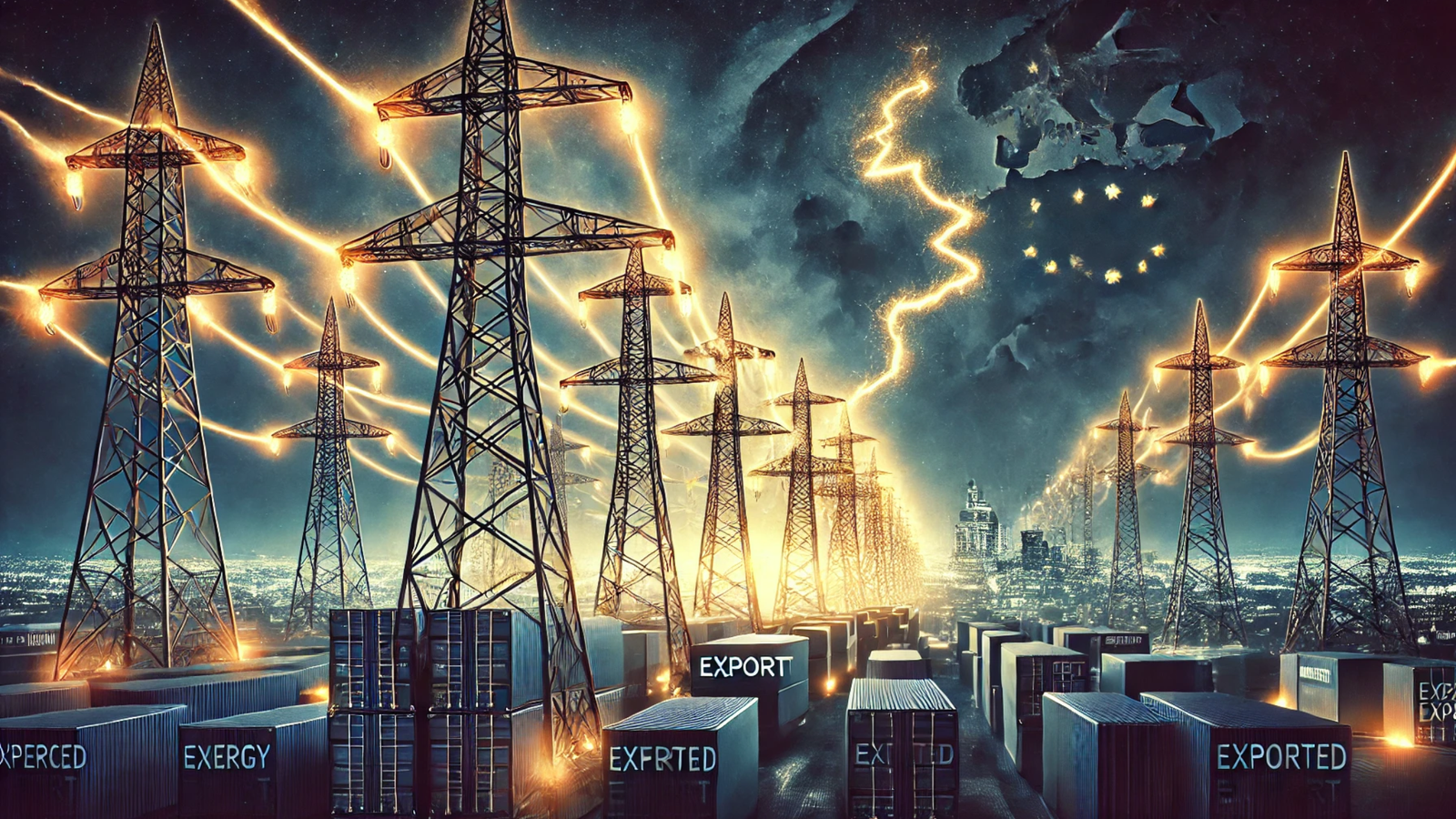Exported Electricity Worth Nearly Rs 2 Billion to Europe – Congress Demands an Answer from PM
A Startling Revelation
The moment I read the news about exported electricity worth ₹2 billion to Europe, I was shocked. Millions of Indians face frequent power outages, rising electricity bills, and inconsistent supply. Yet, while we struggle, India has been sending a significant amount of electricity abroad. The big question is—why?
This revelation has sparked a nationwide debate, with the Congress party questioning the government’s motives. If India has surplus electricity, why isn’t it used to improve domestic supply first? If there is a shortage, how can we afford to export power? The lack of clarity on this issue has left many, including me, frustrated and searching for answers.
What is the Truth Behind the ₹2 Billion Electricity Export?
Electricity is essential for a nation’s progress. It powers homes, industries, and infrastructure. However, recent reports indicate that India has exported electricity worth nearly ₹2 billion to European countries. This raises serious concerns, considering that many Indian states still struggle with energy deficits.
Government data suggests that the electricity export was part of a long-term agreement with European nations. While international trade can be beneficial, one must question whether this deal was made at the cost of India’s energy security.
The key points that need clarity:
- Was this export necessary when parts of India still faced power shortages?
- Could this electricity have been used to reduce the burden on Indian consumers?
- Was this trade deal in India’s best interest, or was it purely for financial gain?
Congress Raises Questions – Where is the Transparency?
The Congress party has raised strong concerns regarding this issue. Party leader Rahul Gandhi directly questioned the government, asking why such a significant energy export was approved without clear communication to the public.
In a press statement, Congress leaders pointed out:
- A lack of transparency in energy trade agreements.
- Contradictions in government claims about domestic energy shortages.
- An urgent need for public accountability on how India’s power resources are managed.
These concerns are shared by many Indians who feel that national energy resources should first serve domestic needs before being exported for profit.
India’s Energy Crisis vs. Electricity Exports
The biggest contradiction in this situation is that while electricity worth ₹2 billion was exported, Indian citizens are still facing energy challenges:
✅ Frequent Power Cuts – Rural and urban areas suffer from inconsistent electricity supply.
✅ Rising Electricity Costs – If we have enough electricity to export, why are our power bills increasing?
✅ Industries Affected – Many businesses struggle with power outages, impacting productivity and employment.
If India genuinely has surplus electricity, shouldn’t priority be given to stabilizing domestic supply before entering international trade agreements?
Government’s Response: Justification or Silence?
So far, the government has not provided a detailed explanation regarding this massive export of electricity. Some officials have defended it, stating that these exports help improve foreign exchange reserves and strengthen India’s trade partnerships. However, this response does not address the core concern—the impact on Indian consumers.
Energy policy experts suggest that while international electricity trade is a part of economic strategy, it should never come at the cost of a country’s energy security. The government must ensure that the domestic electricity supply is stable, affordable, and sufficient before entering large-scale export agreements.
How Does This Affect the Common Citizen?
For the average Indian, this situation is deeply frustrating. Imagine paying high electricity bills, dealing with constant outages, and struggling with power shortages—only to discover that your country is selling electricity abroad!
Here’s what this means for you:
- Higher Electricity Bills – If supply is ample, why are prices soaring?
- Unstable Power Supply – Industries, small businesses, and households continue to suffer.
- Lack of Transparency – Citizens deserve clear answers on national resource management.
The people of India need to know: Are we truly benefiting from these exports, or are we being forced to bear the consequences of poor decision-making?
Conclusion: The Demand for Clarity
The exported electricity worth ₹2 billion to Europe is not just about trade—it’s about national priorities. While international business deals are necessary, they should never compromise the needs of Indian citizens.
The government must:
🔹 Provide full transparency on this export deal.
🔹 Ensure domestic energy security before prioritizing foreign trade.
🔹 Address public concerns regarding rising electricity costs and power shortages.
As responsible citizens, we must demand answers. Our energy should power our people first before it fuels profits abroad.
FAQs
1. Why did India export electricity worth ₹2 billion to Europe?
India exported electricity as part of international trade agreements, but concerns remain over transparency and domestic energy needs.
2. How does this impact Indian consumers?
Despite exporting power, Indian citizens still face high electricity costs and frequent power cuts, leading to frustration and economic burdens.
3. What can be done to ensure fair energy distribution in India?
The government should prioritize domestic consumption, improve transparency in trade deals, and focus on renewable energy solutions to prevent future shortages.
For further details on India’s energy policies, visit Ministry of Power
More Leads, More Clients: Organic Leads Generation Course on Udemy Enroll Now
Read Our Latest Blog – USAID Row: Govt’s Silence After Trump’s Insult to India-2025
For More Interesting Blog & Videos Join Our Whatsapp Channel

